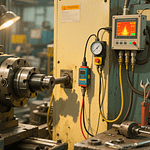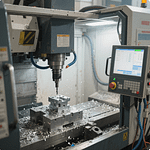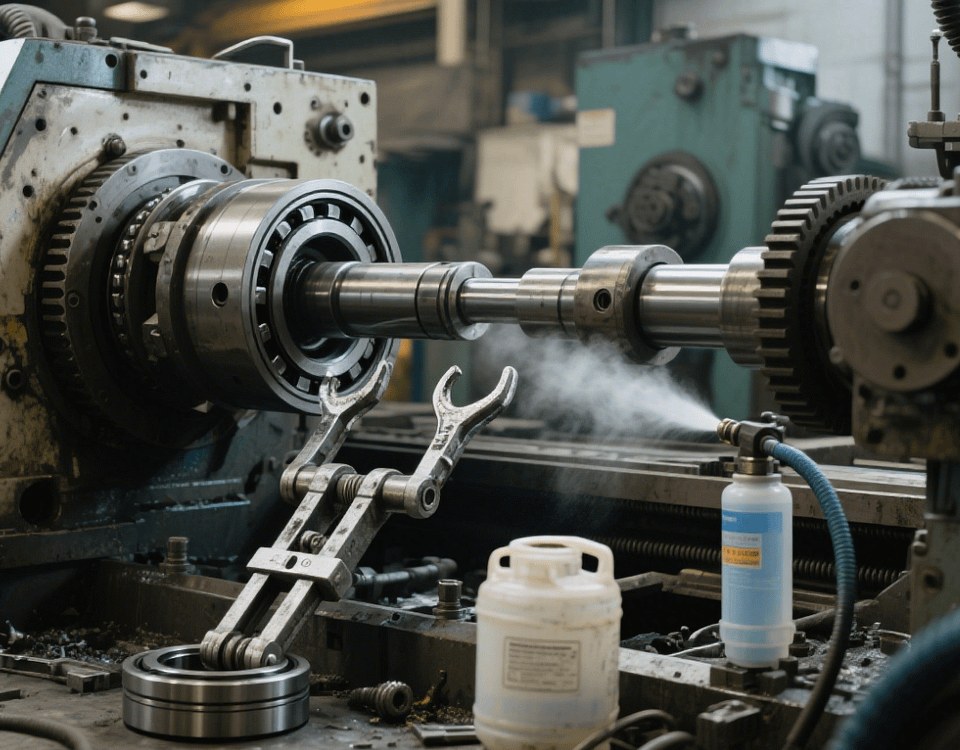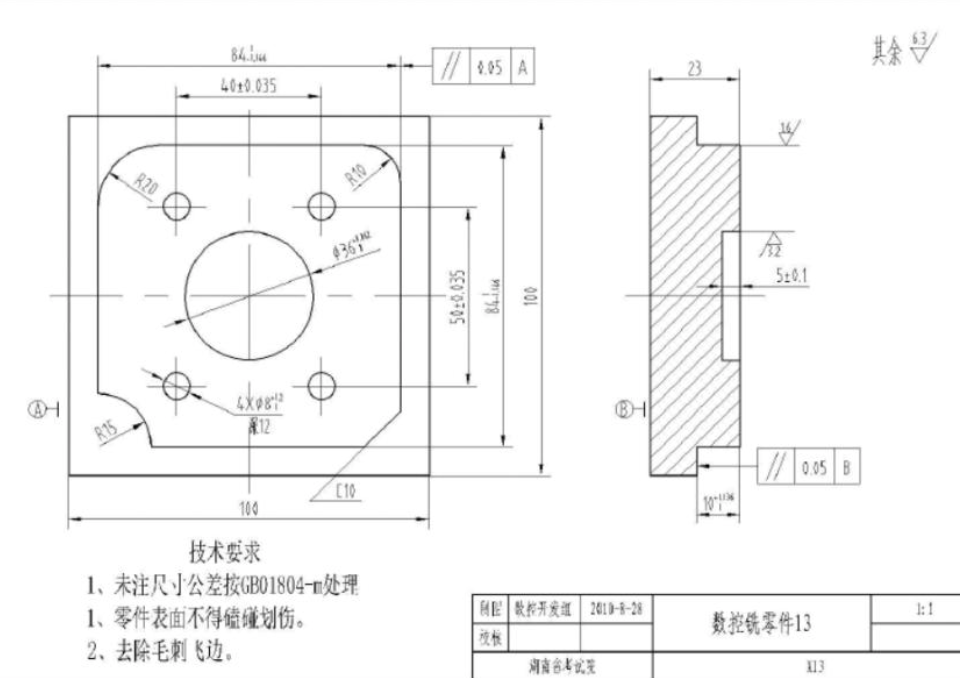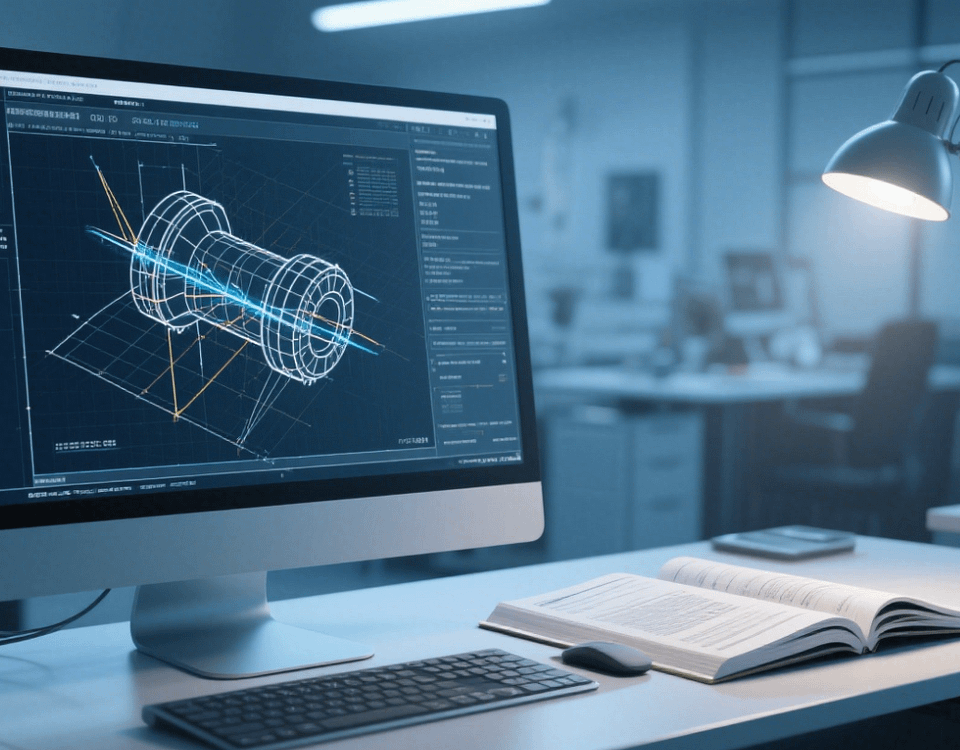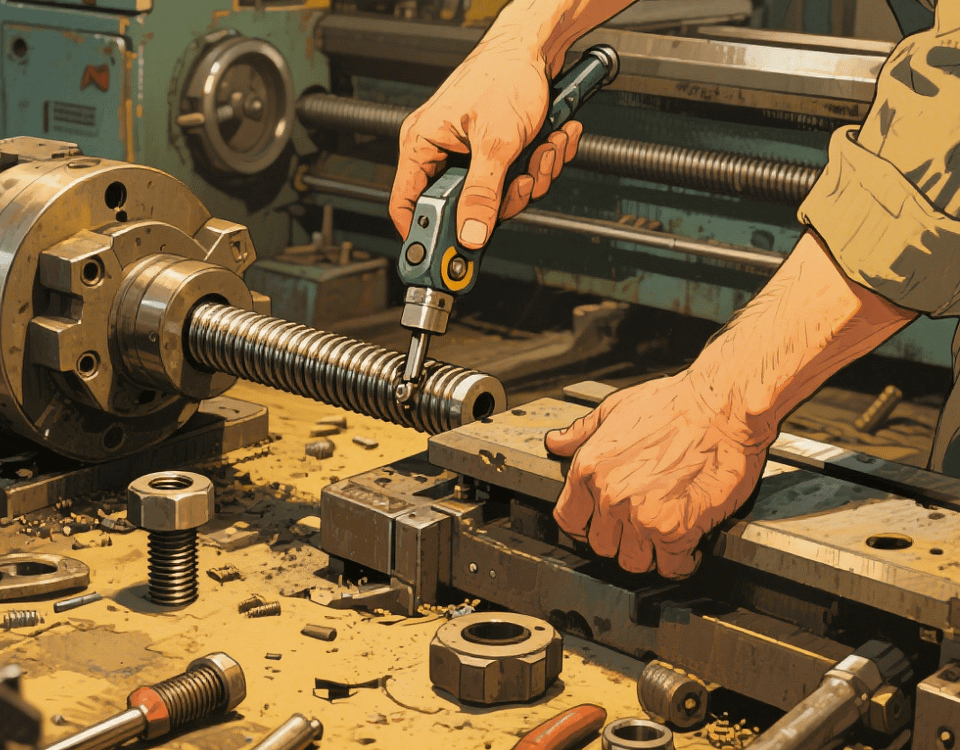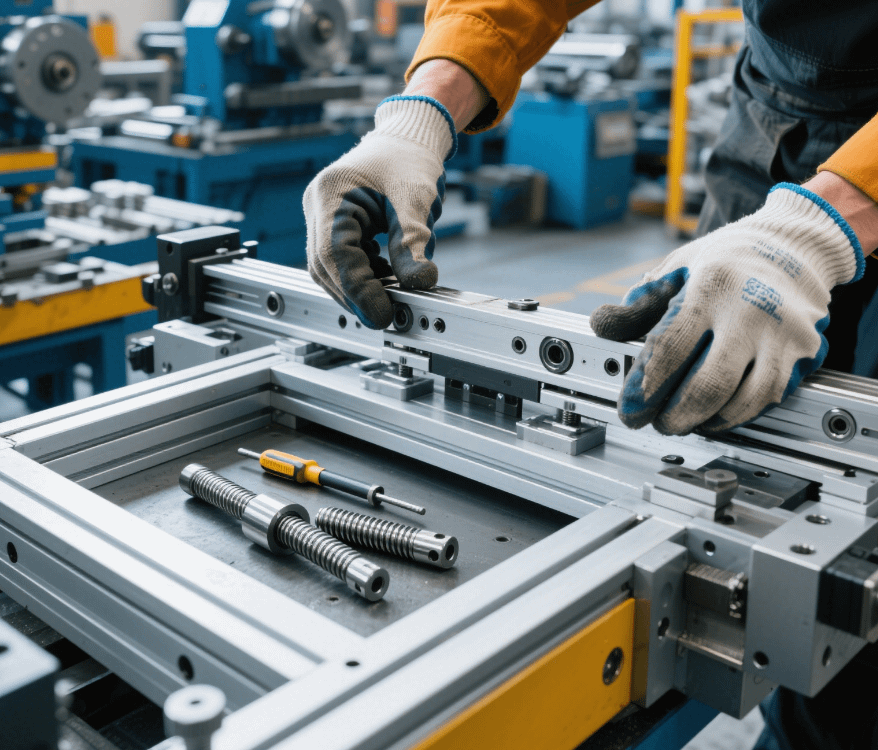How to Design Sliding Fit Parts for CNC
In the field of Swiss-type lathe precision parts machining, designing sliding fit parts for CNC systems is a critical link to achieve precise movement in mechanical systems. Such parts (e.g., guide rail sliders, plunger components) have strict requirements for fit clearance and surface precision. Scientific design methods can effectively improve assembly accuracy and movement stability. The following details the key CNC design points and full-process solutions for sliding fit parts based on factory practices.
I. Planning of Fit Tolerance System
1. Selection of Clearance Standards
* H7/g6 fit: Suitable for medium-precision sliding (e.g., machine tool guides), with standard clearances of 0.01–0.03mm;
* H8/f7 fit: Used for large-tolerance sliding (e.g., light industrial equipment), with clearances of 0.03–0.08mm.
2. Thermal Expansion Compensation for Materials
* Steel-steel fit: Reserve a thermal clearance of 0.001mm/℃ (e.g., 0.02mm clearance at 20℃, maintaining 0.014mm at 80℃);
* Steel-aluminum fit: Add a compensation of 0.003mm/℃ based on the thermal expansion coefficient of aluminum alloy (23.6×10⁻⁶/℃).
II. Key Technologies for Structural Design
1. Optimization of Guide Surfaces
* Control of length-diameter ratio: The length-diameter ratio of the sliding guide segment ≤5:1 (e.g., a φ10mm shaft ≤50mm in length) to avoid movement jamming;
* Oil groove design: Machine 45° cross oil grooves (1mm wide × 0.5mm deep) on the sliding surface at intervals of 20–30mm.
2. Design of Wear-Resistant Layers
* Surface treatment: Hard chrome plating (thickness 0.02–0.05mm) is recommended for steel parts, and anodizing (film thickness 10–20μm) for aluminum parts;
* Inlaid structure: Inlay bronze bushings (wall thickness 1–2mm) on the sliding surface to enhance anti-friction performance.
III. Adaptation to CNC Machining Processes
1. Precision Chain Design
* Key dimensions: Control the fit diameter tolerance within ±0.005mm (e.g., φ20H7), and cylindricity ≤0.003mm;
* Surface roughness: The sliding surface Ra≤0.8μm, and the fit surface requires mirror grinding (Ra≤0.4μm).
2. Allocation of Machining Allowances
* Radial allowance: 0.5–1mm for rough turning, 0.1–0.2mm for finish turning, and 0.02–0.05mm for grinding;
* Axial allowance: 0.2–0.5mm for the end face, achieving flatness ≤0.01mm through lapping.
IV. Assembly Verification and Optimization
1. Clearance Detection Methods
* Feeler gauge detection: A 0.02mm feeler gauge should smoothly insert into the H7/g6 fit clearance, while a 0.05mm feeler gauge should be blocked;
* Leakage test: Charge hydraulic sliding parts with 0.5MPa air pressure, with bubble leakage ≤5ml/min.
2. Dynamic Running-In Tests
* No-load operation: Reciprocate 100 times at 100mm/min, with temperature rise ≤10℃;
* Load test: Apply rated load for 2 hours, with fit surface wear ≤0.002mm.
V. Typical Case: CNC Lathe Guide Rail Slider
Optimized design for a certain CNC lathe guide rail slider (material: GCr15 bearing steel):
1. Fit design: Adopt H7/g6 fit (φ40mm clearance 0.015–0.034mm);
2. Structural optimization: Machine cross oil grooves (1.5mm wide × 0.6mm deep) on the slider surface at 25mm intervals;
3. Machining process: Chrome plating (thickness 0.03mm) after precision grinding, with surface roughness Ra≤0.2μm;
4. Verification results: Clearance remains 0.018mm under 80℃ conditions, and no-load operation noise ≤55dB.
When designing sliding fit parts for CNC systems, it is necessary to deeply integrate the tolerance system, structural design, and machining processes. Our factory has 12 years of experience in machining precision sliding parts, equipped with constant temperature grinders and coordinate measuring equipment. We provide full-process services from tolerance analysis to finished product delivery, ensuring that fit precision meets the strict requirements of various industries such as automation machinery and medical devices.

